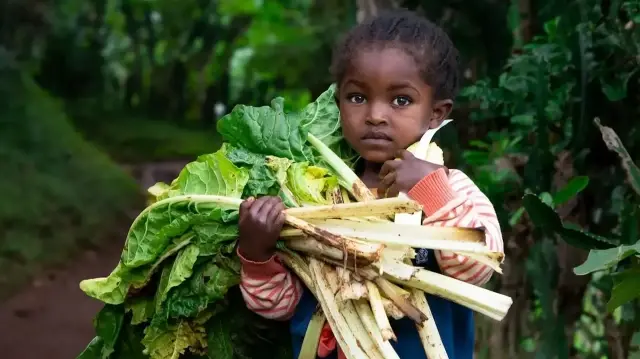UNICEF report reveals one in five children in poor nations lack basics

A new UNICEF report warns that over 20% of children in low and middle-income countries face severe deprivation in at least two essential areas like nutrition, sanitation and education. The study found 118 million children experience three or more deprivations, with the highest poverty rates concentrated in Sub-Saharan Africa and South Asia.
More than one-fifth of children living in low and middle-income nations experience severe deprivation across multiple essential categories including nutrition, sanitation, housing and education, according to a comprehensive new report from UNICEF. The findings, released on World Children's Day, reveal the extensive reach of multidimensional poverty affecting children across developing regions worldwide.
Regional Disparities and Extreme Deprivation
The report identifies Sub-Saharan Africa and South Asia as bearing the heaviest burden of child poverty, with Chad showing particularly alarming statistics where 64% of children face two or more severe deprivations. The analysis, drawing from data covering over 130 countries, found that 118 million children experience three or more simultaneous deprivations, while 17 million confront four or more critical shortages in basic needs.
UNICEF Leadership Calls for Action
UNICEF Executive Director Catherine Russell emphasized the devastating consequences of persistent childhood deprivation, stating that "children growing up in poverty and deprived of essentials like good nutrition, proper sanitation and shelter, face devastating consequences for their health and development." She urged governments to "commit to ending child poverty by implementing effective policies," adding that "it doesn't have to be this way."
Progress and Setbacks in Poverty Reduction
While the proportion of children facing severe deprivations declined from 51% to 41% between 2013 and 2023, the report notes that progress has slowed due to multiple factors including conflict, climate shocks, demographic changes, rising national debt, and reductions in foreign assistance. Sanitation remains the most widespread deprivation, with 65% of children in low-income countries lacking access to basic toilet facilities.
Successful Interventions and Funding Concerns
The report highlighted positive developments in countries like Tanzania and Bangladesh, where targeted government programs have significantly reduced child poverty rates. However, Russell warned that global aid cuts threaten to reverse these gains, stressing that "too many children were already deprived of their basic needs, even before the global funding crisis threatened to make things far worse. This is not the time to retreat."
Reklam yükleniyor...
Reklam yükleniyor...







Comments you share on our site are a valuable resource for other users. Please be respectful of different opinions and other users. Avoid using rude, aggressive, derogatory, or discriminatory language.